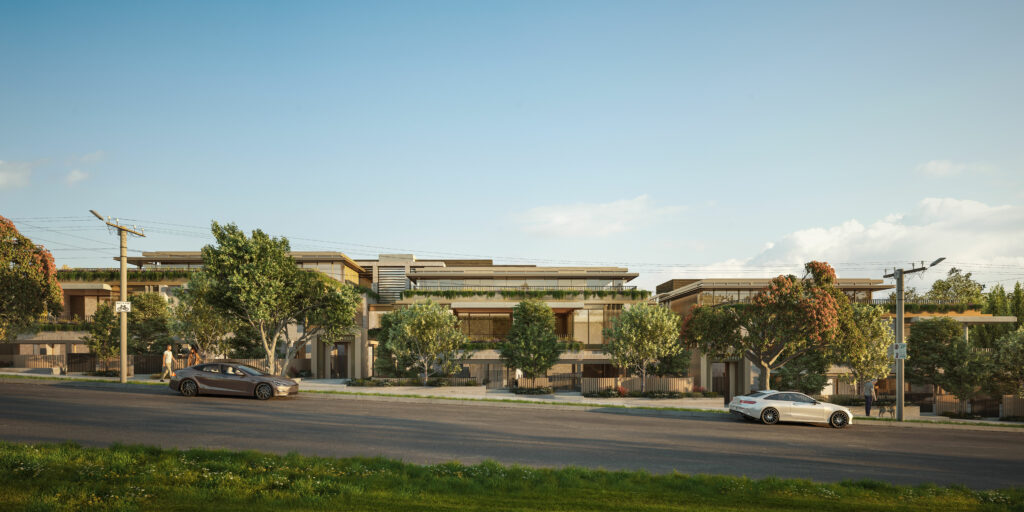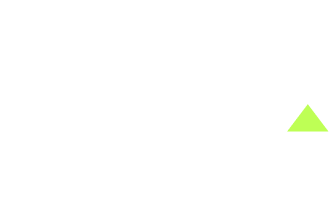28-34 Service Street, Hampton
Client: Noetic Places
Project type: Residential (apartments)
Stakeholders: City of Bayside, Hampton Neighbourhood Association, local community
Value: $30 million
Image courtesy of Fender Katsalidis
The project
Four houses with heritage value once stood at 28-34 Service Street in Hampton. A former developer had demolished the buildings and, in the process, eroded the trust of the local community. With strong collective opposition, that application was refused by VCAT and abandoned.
Afterwards, our client was interested in purchasing the site, despite its tumultuous history. UPco was engaged from the start, performing extensive due diligence to uncover the feasibility of an expensive site with the liability of a previous VCAT refusal. The vision was a multi-unit residential lot of superior quality, truly befitting the area.
Four houses with heritage value once stood at 28-34 Service Street in Hampton. A former developer had demolished the buildings and, in the process, eroded the trust of the local community. With strong collective opposition, that application was refused by VCAT and abandoned.
Afterwards, our client was interested in purchasing the site, despite its tumultuous history. UPco was engaged from the start, performing extensive due diligence to uncover the feasibility of an expensive site with the liability of a previous VCAT refusal. The vision was a multi-unit residential lot of superior quality, truly befitting the area.

The challenge
Noetic Places committed to a co-design process and extensive community consultation from pre-acquisition to post-lodgement – all of which doubled the planning permit application process.
Throughout the process, UPco proffered support and professional experience – but we were mindful of the investment’s risky nature, and the previous VCAT refusal. To overcome these challenges, we worked to reverse engineer a design based on VCAT’s (sometimes inexplicit) commentary and grounds for refusal. These design requirements then had to be considered alongside our client’s vision, the community input and the project’s underlying feasibility.
Throughout the process, UPco proffered support and professional experience – but we were mindful of the investment’s risky nature, and the previous VCAT refusal. To overcome these challenges, we worked to reverse engineer a design based on VCAT’s (sometimes inexplicit) commentary and grounds for refusal. These design requirements then had to be considered alongside our client’s vision, the community input and the project’s underlying feasibility.
The outcome
The project team’s significant investment in resources paid dividends. The careful design process based on the previous VCAT refusal and the co-design process was approved. The design result is 32 refined and elegant dwellings, contemporary yet respectful of their established surroundings.
